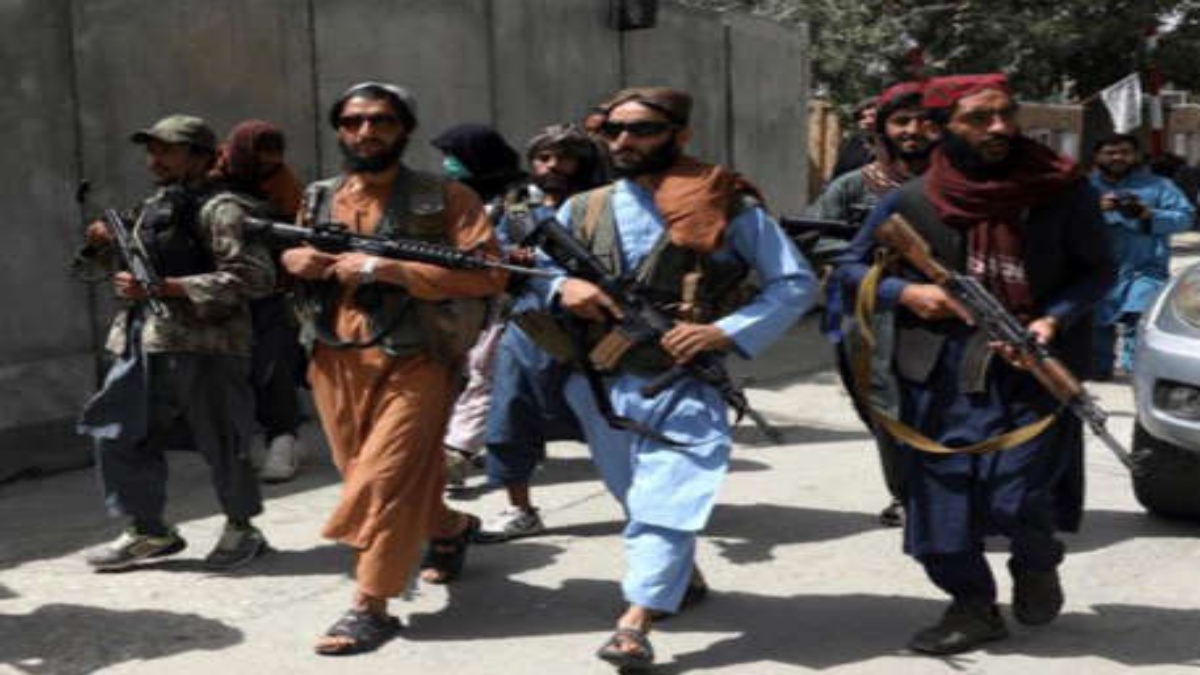
As the Taliban government’s move to ban women from working in NGOs that provide aid relief, it has attracted criticism from United Nations agency officials and different civil society officials. The United Nations has issued a statement and said that banning women from humanitarian work has immediate life-threatening consequences for many vulnerable Afghans. Since the new de-facto Taliban government has taken power, many humanitarian works in Afghanistan have been stopped temporarily due to a lack of female staff. According to the United Nations estimate, there are 28 million people who need assistance to survive in Afghanistan. Due to the ongoing winter, economic collapse, and lack of facilities the country may see famine in the near time. This order issued by the Taliban has major consequences because females have access to female citizens that male humanitarian workers cannot reach. The most vulnerable victims of the Afghan war are women.Therefore, it has a very far-reaching effect on women’s humanitarian response. United Nations urged the Afghans to allow women to work as teachers, nutrition experts, team leaders, community health workers, vaccinations, nurses, doctors, and heads of organizations. The Taliban have defended their decisions by stating that the working women in Afghanistan are violating the sharia law of their land and that their de facto government is committed to enforcing sharia law in Afghanistan. This order was followed by the previous order where the de facto government banned women in universities in Afghanistan. Many national civil society organizations have criticized this decision and called it an unlawful and cruel decision. Along with different NGOs, the United Nations Human Rights spokesperson Mr. Liz Throssell has issued a statement against the Taliban. In this light, the questions that arise are: Who exactly are the Taliban that has caused massive devastation in the last year or so and in the 1990s? What was the position of women in Afghanistan in the past, how the marginalization of women has been dealt with by various international players including the US and the UN, and what lies ahead for women in Afghanistan and in general the responsibility of a de facto government of Taliban? Historically, Afghanistan has endured extended periods of conflict that trace its origin from the SovietAfghan war from 1979-1989; the Afghan civil wars, and the military operations carried out by the U.S. post-September 11, 2001. It was after the Soviet exit in 1989 that the political crisis transpired in Afghanistan. Sensing the political instability, the USA gave rise to the armed non-state actor called the Taliban intending to achieve stability and a friendly regime in Afghanistan. In simple terms, armed nonstate actors as per the United Nations Assistance Mission in Afghanistan (UNAMA), are ‘individuals and armed groups of diverse backgrounds, motivation and command structures’. With a strong religious and sectarian undertone, it would become a strategic disaster for Afghanistan whose impact continues to evade peace and stability for the people of Afghanistan. Thus, there is a need to fix the responsibility of the de facto government of the Taliban without whose support the life and death of the people hangs in balance. The human rights situation of Afghan women, their rights, and their role within society can be traced back to 1978 when a coup d’état resulted in the fall of Daud Khan’s government led to the commencement of the militarization of communist factions and mujahedeen who had excluded Afghan women from the decision-making processes and access to leadership roles as seen in the ongoing crisis. However, before the Soviet Invasion of 1979, there were signs of progress for women, Afghanistan had several women in the cabinet; in the country’s urban cities women were going to school, and there was a female presence within the police force With passage of time, the situation of women in Afghanistan started to be used as a means to exert control over the Afghan State. For example, in the aftermath of the terrorist attacks which occurred on September 11, 2001, on U.S. soil, American attention turned to Afghanistan once more. The reality of Afghan women’s rights became a tool for the U.S. government to garner national support for the intervention to remove the Taliban from power. Furthermore, the creation of the United Nations Assistance Mission in Afghanistan (UNAMA) registered an institution to uphold international norms throughout the rebuilding process of Afghanistan. More specifically one of its key mandates was to “focus on combating violence against women and enable their participation in the public sphere” Despite all these steps, the women continued to suffer and the present ban has further extravagated their sufferings. Some of the needs that are being deprived include reproductive, maternal, infant, child, adolescent health, and nutrition services that affect their right to health that is fundamental to the well-being of a person including physical and mental health as described under Article 12 of ICESCR that used the phrase ‘highest attainable health’ consisting of both the individual’s biological and socio-economic determinants of health. Going forward, the need of the hour is to establish the human rights obligations of the de facto government of the Taliban who call themselves the “Islamic Emirate of Afghanistan’ and at present are exercising governmental functions and have de facto authority over the population that in essence meets the criteria of application of human rights law i.e. there exists the relationship between those who govern and are governed. Thus, it is imperative to hold the Taliban responsible under Article 10 of the Draft Articles on State Responsibility, which declares that ‘the conduct of an insurrectional movement which becomes the new government of a State shall be considered an act of that State under international law’.
Abhinav Mehrotra is an Assistant Professor at O.P. Jindal Global University. His research interests include International law, human rights law, UN studies, refugee law, child rights, and Transitional Justice. Dr Biswanath Gupta is an Associate Professor at O.P. Jindal Global University. His research interests include International Law, Air and Space Law.